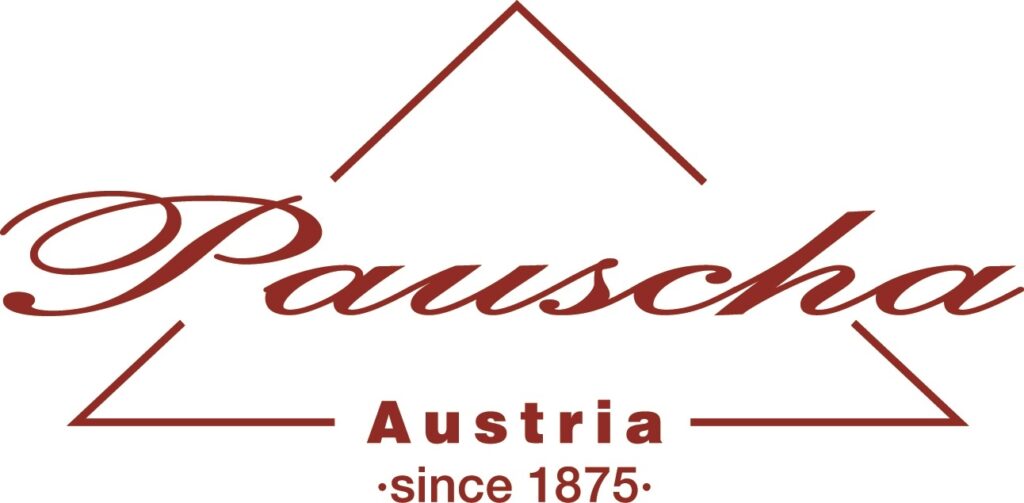Under EU trademark law, a trademark may be revoked if it becomes a misleading indication as to the nature, quality or geographical origin of the goods or services it designates after the date on which it was registered, as a result of the use made of it by its proprietor or with its consent (Art. 58(1)(c) EUTMR and Art. 20(b) Trademarks Directive [“TMD”]). The Austrian Supreme Court recently had the chance to determine what type of use makes a trademark misleading, namely, the use of a family name in connection with a misleading indication of tradition (Ruling of 15.03.2021 in case 4 Ob 221/20h).
Generally speaking, the use of names and family names as part of company names and trademarks, particularly over time and/or with changing owners, frequently gives rise to conflicts and results in oppositions or requests for invalidation based on earlier rights. This will be even more so since the latest EU trademark reform, as using one’s own name as part of a trademark is no longer a defence for legal persons, but only for natural persons under Art. 14(1)(a) TMD and Art. 14(1)(a) EUTMR. More rarely, however, conflicts arise because the use of a name as a trademark becomes misleading over time.
In the case at hand, the Pauscha family had started a cooperage business in 1875 in today’s Slovenia, which was later transferred to Austria. The business was continued by family members under the name “Pauscha” in different legal forms until 2010, when the “Pauscha Fassbinderei GmbH” (Pauscha Cooperage LLC) was founded. In 2011, a family member formed a new business, without the name Pauscha, which exists until today (the Claimant) and registered an EUTM (depicted below). The former Pauscha LLC was dissolved in 2014, and the EUTM, the domain pauscha.at and machines were sold to an Italian business, which later transferred them to a new Austrian branch (the Defendant).

EUTM 012315719
The Defendant produces wooden barrels, which significantly differ from the original Pauscha barrels in terms of production, size and visual aspect. On its website, the Defendant stated boldly: “Our traditional craft company, has been manufacturing barriques and barrels since 1875. The company Pauscha Austria – since 1875 continues the longstanding tradition of cooperage.” When the Defendant – even more boldly – sought to prohibit the use of the name Pauscha by the Pauscha family for their own wooden barrels based on EUTM no. 012315719, the Claimant filed a counterclaim for recovation. It was successful at all instances.
The Austrian Supreme Court held that, for the revocation of an EUTM according to Art 58(1)(c) EUTMR, the decisive factor was whether the EUTM was liable – in itself – to mislead the public, in particular as to the nature, quality or geographical origin of the marketed goods or services. Misconceptions of the public about the continuity of a company do not result in revocation. For example, if a designer assigns a trademark with its name to a third party together with the business operations and goodwill, and the public wrongfully assumes that the designer is still involved in the creation of the goods (CJEU C-259/04 – Elizabeth Emanuel, at paras. 44, 48, 51 and. 53), this does not render the mark misleading unless there is fraudulent intent (C-259/04, at para. 50), Rather, the likelihood of misleading the public must relate to the characteristics and properties of the product.
In the case at hand, however, the combination of the family name “Pauscha” with the indication of tradition “Pauscha Austria since 1875” leads to misconceptions of the public about the quality and characteristics of the product. Kind and tradition of production of such barrels are highly relevant for the purchasers because of their impact on the wine that matures in them. The trademark itself referred to an almost 150-year family tradition of the Pauscha family in the production of the designated wooden barrels, resulting in an expectation of a certain kind and quality of such barrels. The Defendant, however, produced barrels according to the tradition of the Italian family G*****, using a different manufacturing method and thicker woods. These differences affect the taste of the wine and give it a flavor note that the public does not associate with Pauscha wooden barrels.
Accordingly, the Supreme Court found that the use of the EUTM by the Defendant had become misleading within the meaning of Art 58(1)(c) UMV, and the EUTM was declared revoked.
Well, while the truth is said to be in the wine (“in vino veritas”), it was definitely not in the Defendant’s barrels.
_____________________________
To make sure you do not miss out on regular updates from the Kluwer Trademark Blog, please subscribe here.


